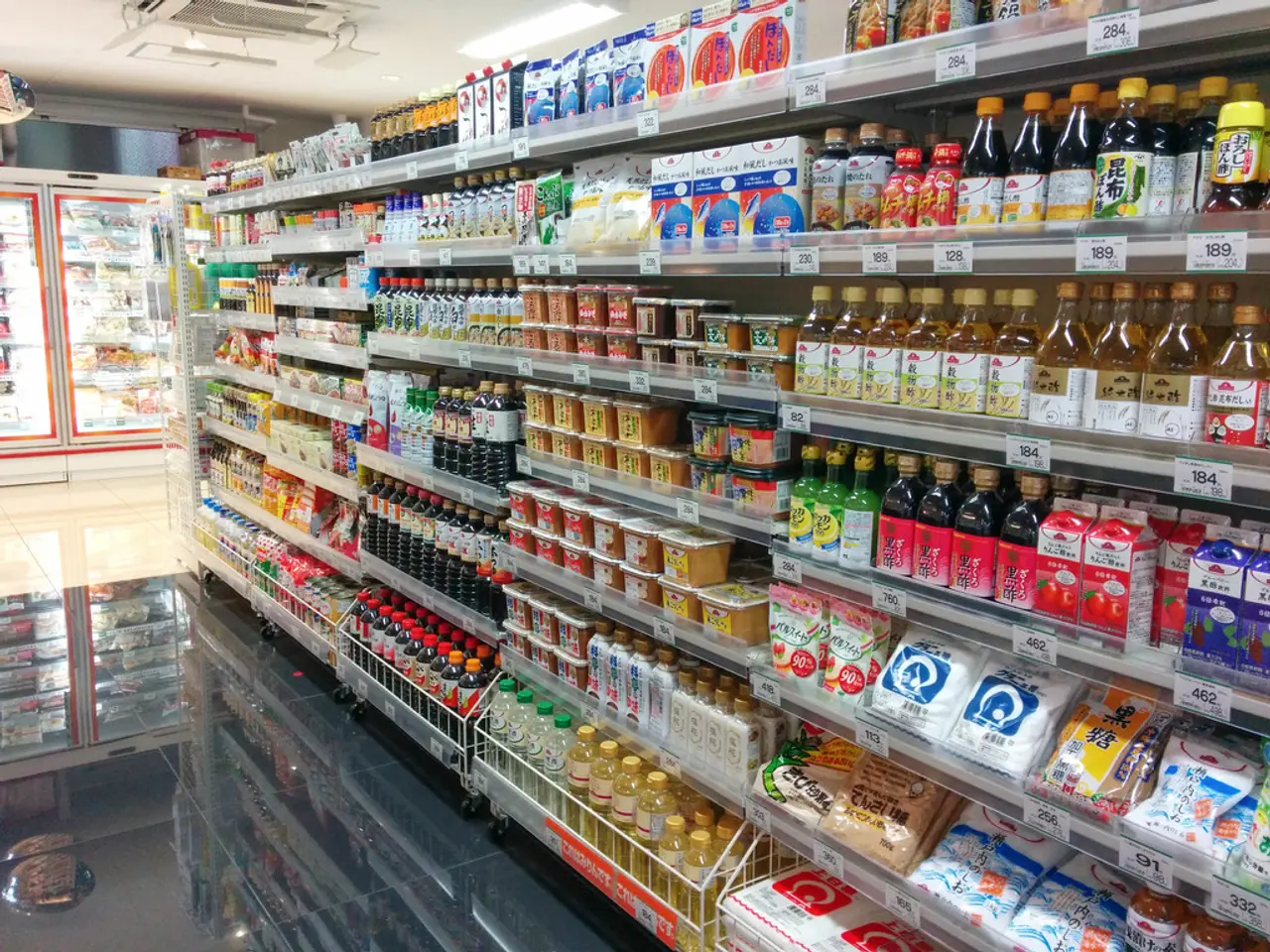Direct-to-Consumer (D2C) Businesses Making a Comeback, With Little Spoon Leading the Pack Without Physical Retail Shelves
In the ever-evolving landscape of business, two companies, Little Spoon and Genexa, are making significant strides in the Direct-to-Consumer (D2C) sector.
Little Spoon, a D2C company that started in 2017, focuses on providing fresh baby food. With a mission to make parents' lives easier and kids healthier, Little Spoon delivers food directly to their door. The company's newsletters reach over two million parents, and customers are actively engaged due to seeing the brand as part of their identity.
Little Spoon's commitment to the D2C model and the work that makes it effective has led to impressive growth. The company is on track to surpass $150 million in net revenue and has achieved this growth at a 79% Compound Annual Growth Rate (CAGR) for five years, culminating in profitability.
In contrast, Genexa, founded by David Johnson, expands its presence in major retail chains like Target, CVS, Walmart, and Amazon. Genexa offers clean-label, organic over-the-counter medicines, and for the company, being on retail shelves is mission-critical due to the immediate need for over-the-counter medicine.
While Little Spoon believes that D2C allows them to meet parents' needs at every stage and serve them in a way retail never could, Genexa finds value in retail's immediacy and trust that digital channels can't match.
The D2C model offers brands like Little Spoon a level of control and insight that is not available in traditional retail. Little Spoon can guide parents seamlessly through their children's life stages, a task that in retail might require searching for the brand across multiple aisles. Moreover, Little Spoon uses detailed customer data to adapt their offerings in real time, a capability they wouldn't have with just monthly reports.
On the other hand, brands in retail often have little control over how they are merchandised and spend significant resources to check if their products are in stock and in the right place.
The rise of D2C 2.0, as described by David Roger, is a more thoughtful and structured version of D2C, leveraging better math and personalization. Platforms like Klaviyo, Brij, and Attentive provide small brands with targeting and engagement automation previously only available to enterprise CRM systems.
Meanwhile, Hetal's business is built on providing real-time insights into what's happening on retail shelves through crowdsourced photos and computer vision. This asymmetry between brands and retailers in terms of data and control is increasingly becoming a defining characteristic of the D2C landscape.
In conclusion, Little Spoon and Genexa are leading the charge in the D2C revolution, demonstrating the potential of this business model to transform the way brands interact with their customers and meet their needs more effectively.






